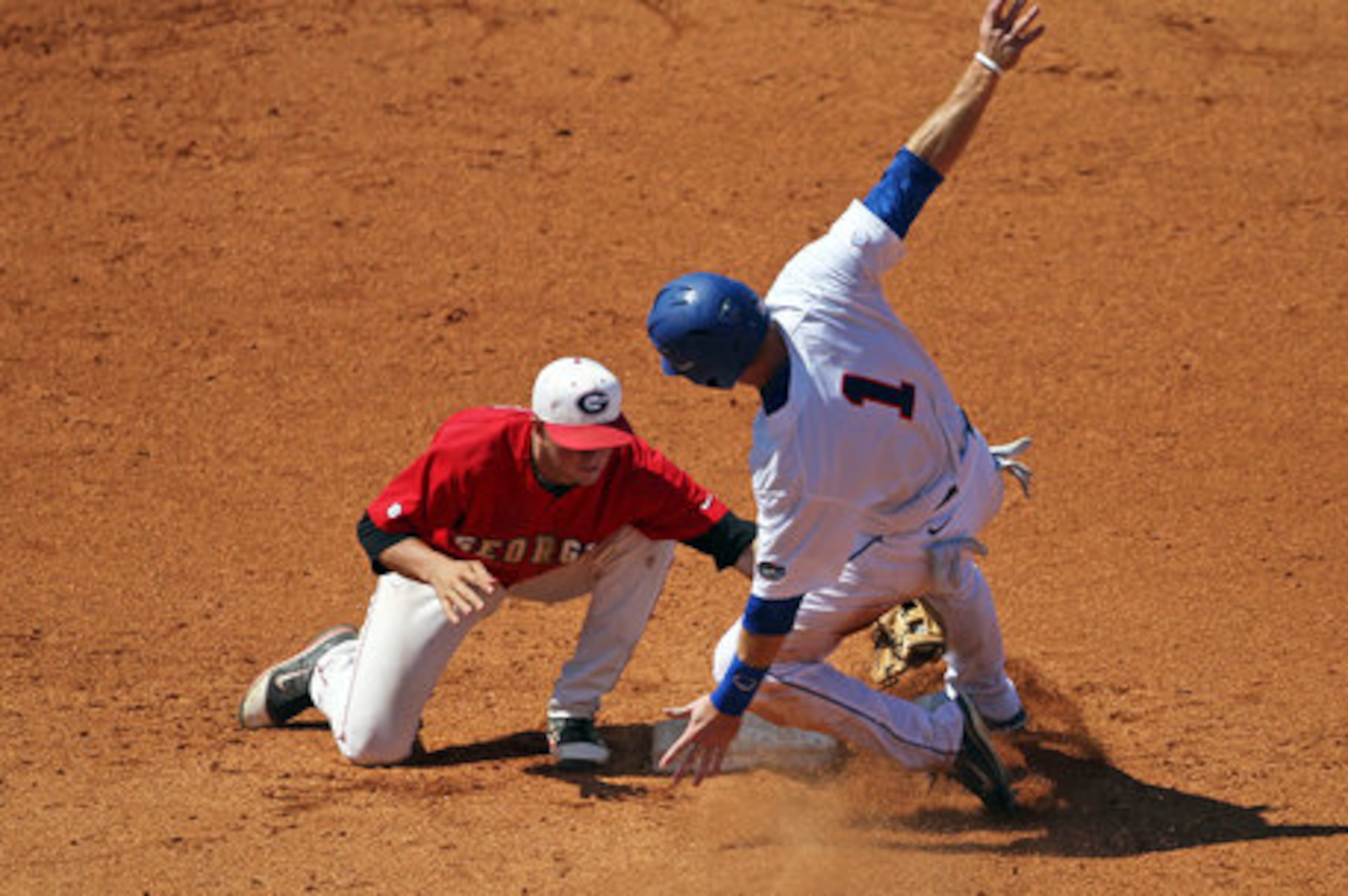3 stats that define Braves’ mediocre start

The Braves entered play Tuesday with a 10-12 record. It’s been an underwhelming start, but with 140 games to go, there’s no reason to be alarmed just yet. Nonetheless, there are areas worthy of some concern, even if it’s to the smallest degree.
Here are some numbers that define the Braves’ disappointing 22-game stretch:
1. 4.89. Much has been made of the Braves’ slumping offense — and rightfully so — but AJC columnist Mark Bradley was correct when he expressed a larger concern with the team’s pitching. The Braves have a team ERA of 4.89, the second-worst mark in the majors behind only the notoriously pitching-starved Angels (5.16).
The Braves have always been an organization built on pitching. They emphasized improving their rotation over the winter, adding Charlie Morton and Drew Smyly. Morton has a 4.76 ERA in five outings. Smyly, who just returned from the injured list, has a 7.20 mark. Max Fried, the team’s breakout star of 2020, has been out hurt but had an 11.45 ERA in three starts.
And that’s without mentioning the bullpen, which has yielded mixed results but certainly looks weaker than the super-charged group of 2020. This is the most important element of the Braves that must improve. Their top competition in the National League, the Padres, Dodgers and Mets, each rank within the top five of MLB’s collective ERAs.
2. .219. The Braves are hitting .219 as a team (entering Tuesday’s game), ranking 23rd in the majors. It’s true that they’ve been plagued by some bad luck over the past few weeks, but that’s not the lone issue. It’s been a slow start for the offense, especially considering how high expectations were after the 2020 edition was arguably the best in franchise history.
Now, one doesn’t need advanced metrics to see the numbers will trend upwards. Entering Tuesday, Freddie Freeman was hitting .208. Dansby Swanson was hitting .188. Travis d’Arnaud was hitting .209, while Marcell Ozuna came in at .185. There will be positive regression there.
It’s worth noting the Braves’ .722 team OPS is No. 8 in the majors. As manager Brian Snitker seems to say daily, the team is going to hit. While some players won’t post the gaudy numbers of last season, the Braves offense will eventually settle in. The Braves have fluctuated so far. The question is when they’ll sustain their offensive success over a longer period.
3. 44. Entering Tuesday, the Braves bullpen had issued 44 walks, the fifth most in the majors. If one watches this team even semi-regularly, the individual has probably noticed that lead-off walks are the usual culprit to meltdowns.
The Braves’ bats received all the glory during the shortened season, but the bullpen was astronomically important, holding the team together while the rotation fell apart. So far this season, the bullpen looks much worse. Mark Melancon, Shane Greene and Darren O’Day are gone, but the pitchers the Braves retained haven’t hit their stride, either.
After a great start, Tyler Matzek has allowed a run in three consecutive outings, so he’s come back to earth for now. A.J. Minter had a troublesome two-game stretch but has rebounded in the four games since, which is encouraging because his importance increased greatly following the bullpen departures. Chris Martin, Mr. Reliability of the group, has been injured, so getting him back soon should do wonders.

Luke Jackson, Grant Dayton and Nate Jones don’t provide anything exceptional. Jesse Biddle had a nice recent outing, distancing himself from a terrible showing in Chicago. Jacob Webb has been up and down but remains intriguing after finding so much success in smaller sample sizes the past two seasons.
Will Smith is the most interesting of all. He’s 4-for-4 in save opportunities. He has a 3.60 ERA in 11 appearances. It hasn’t always been pretty, but the Braves need Smith at his best to come anywhere close to the bullpen they had a year ago. There will be more clarity with this group when Martin returns and there’s more data on Smith, Minter and Matzek.



